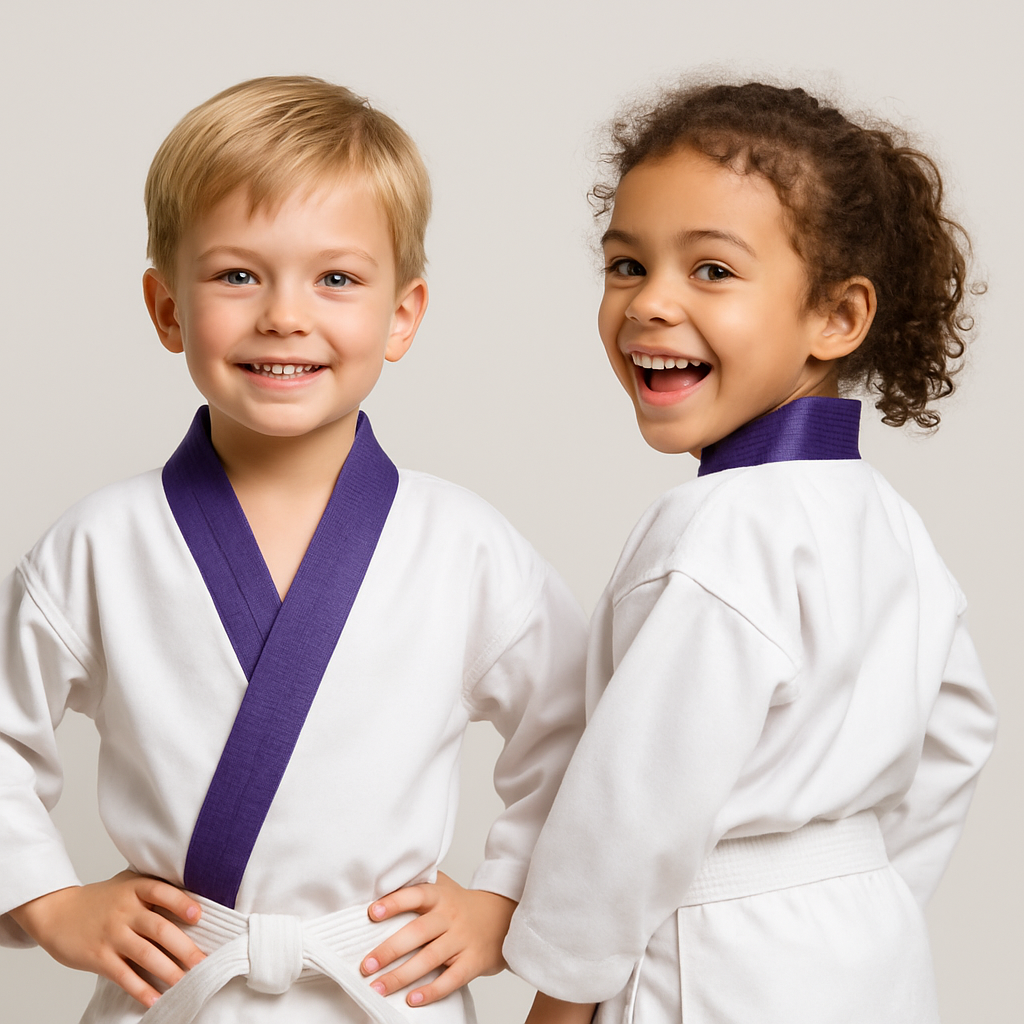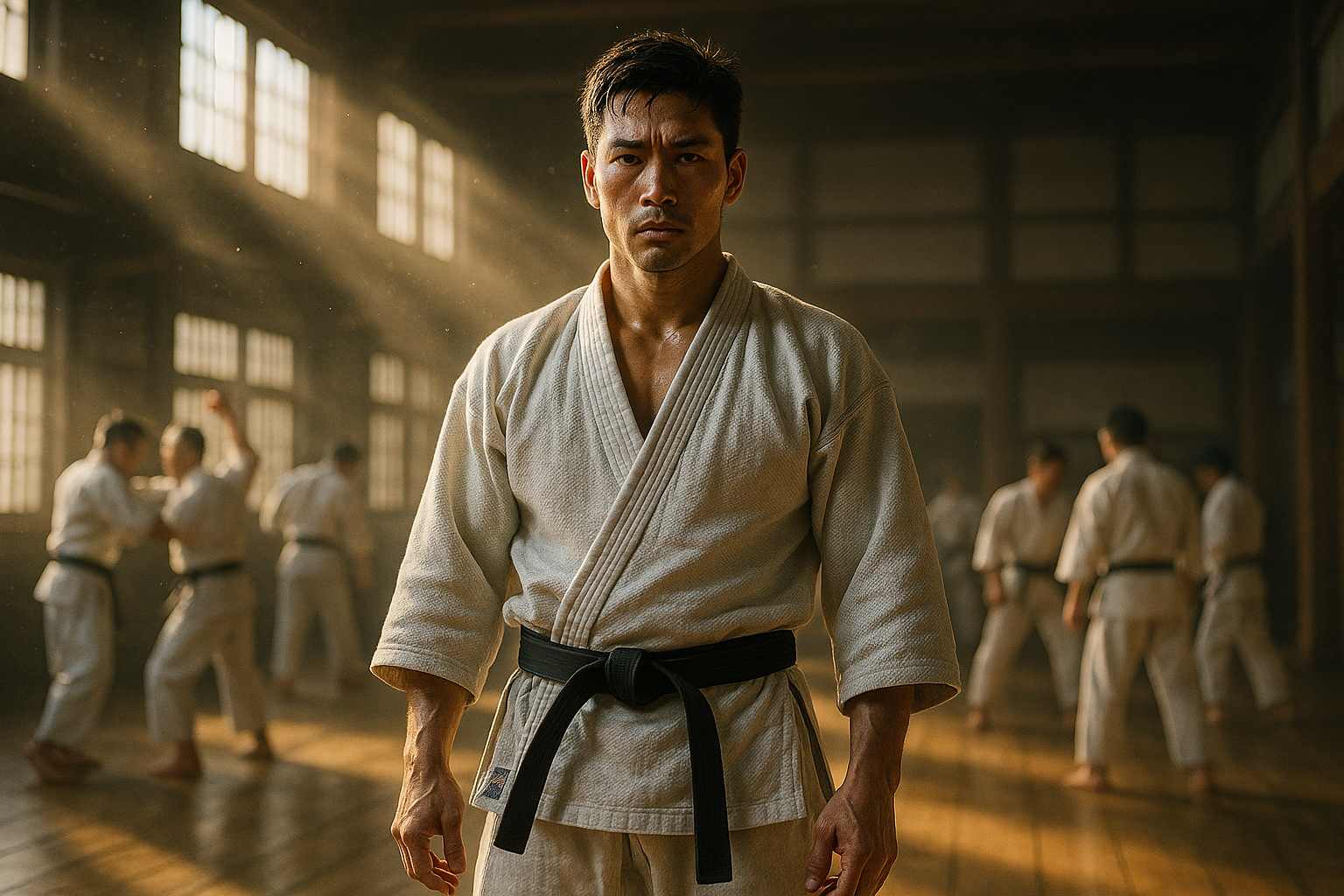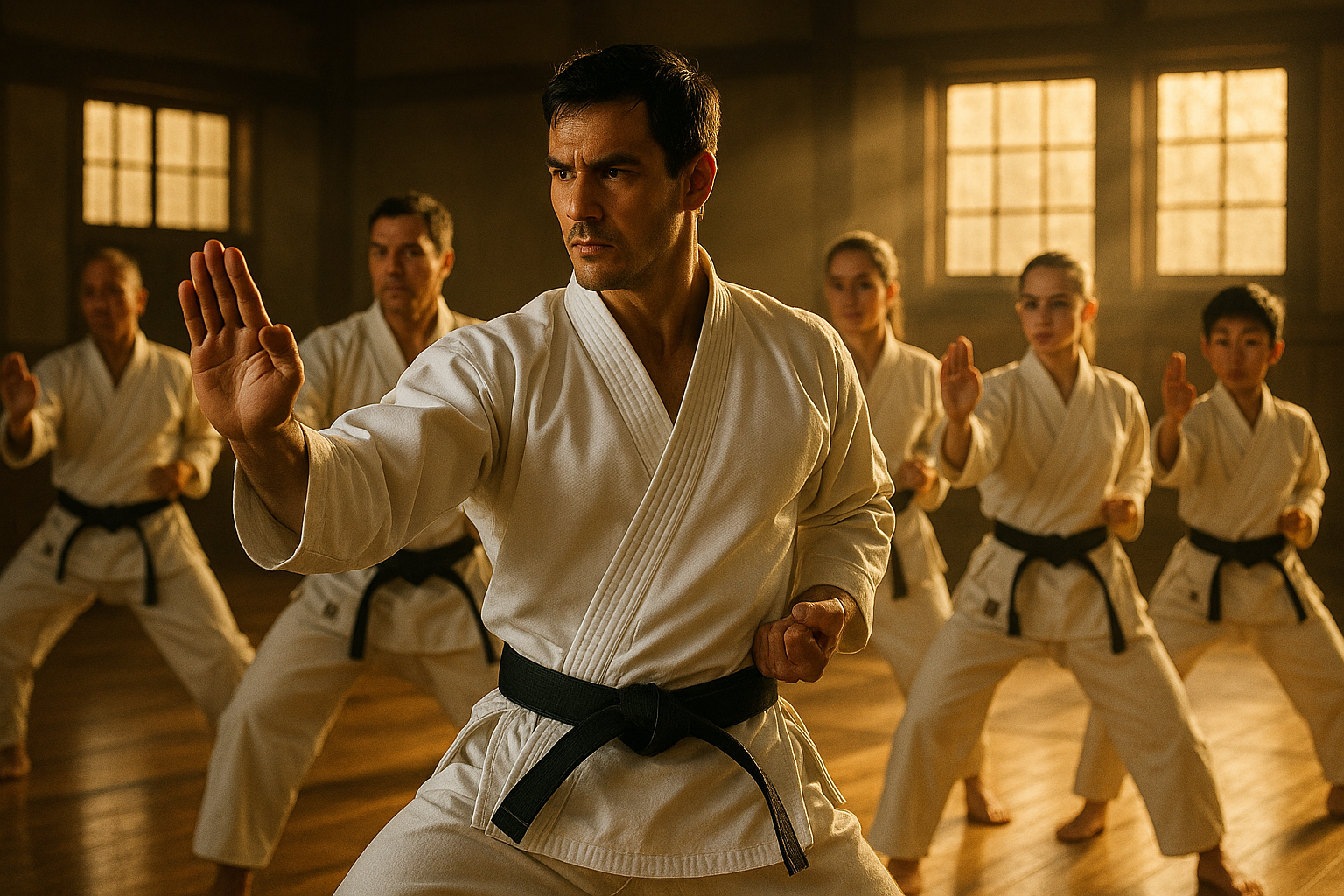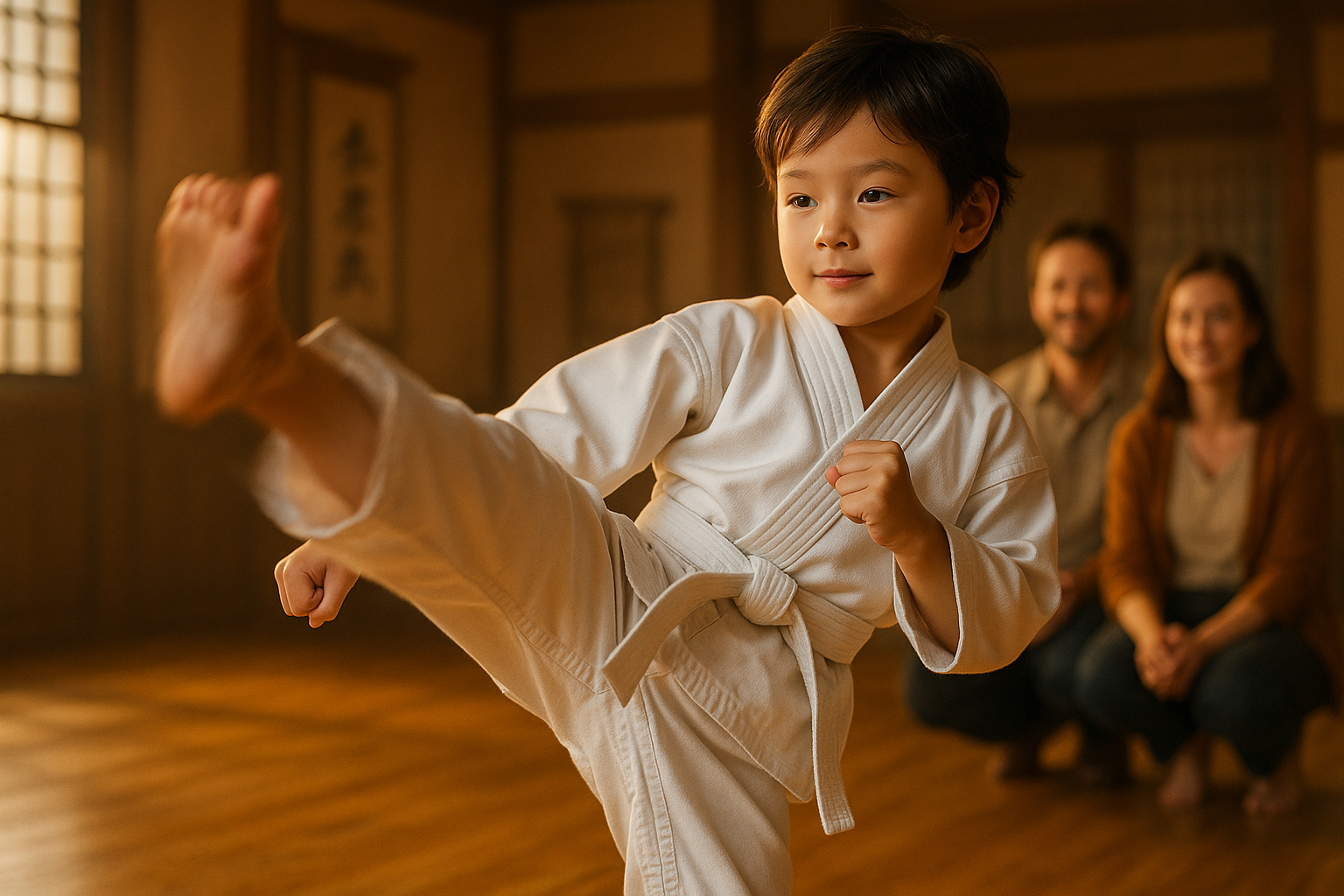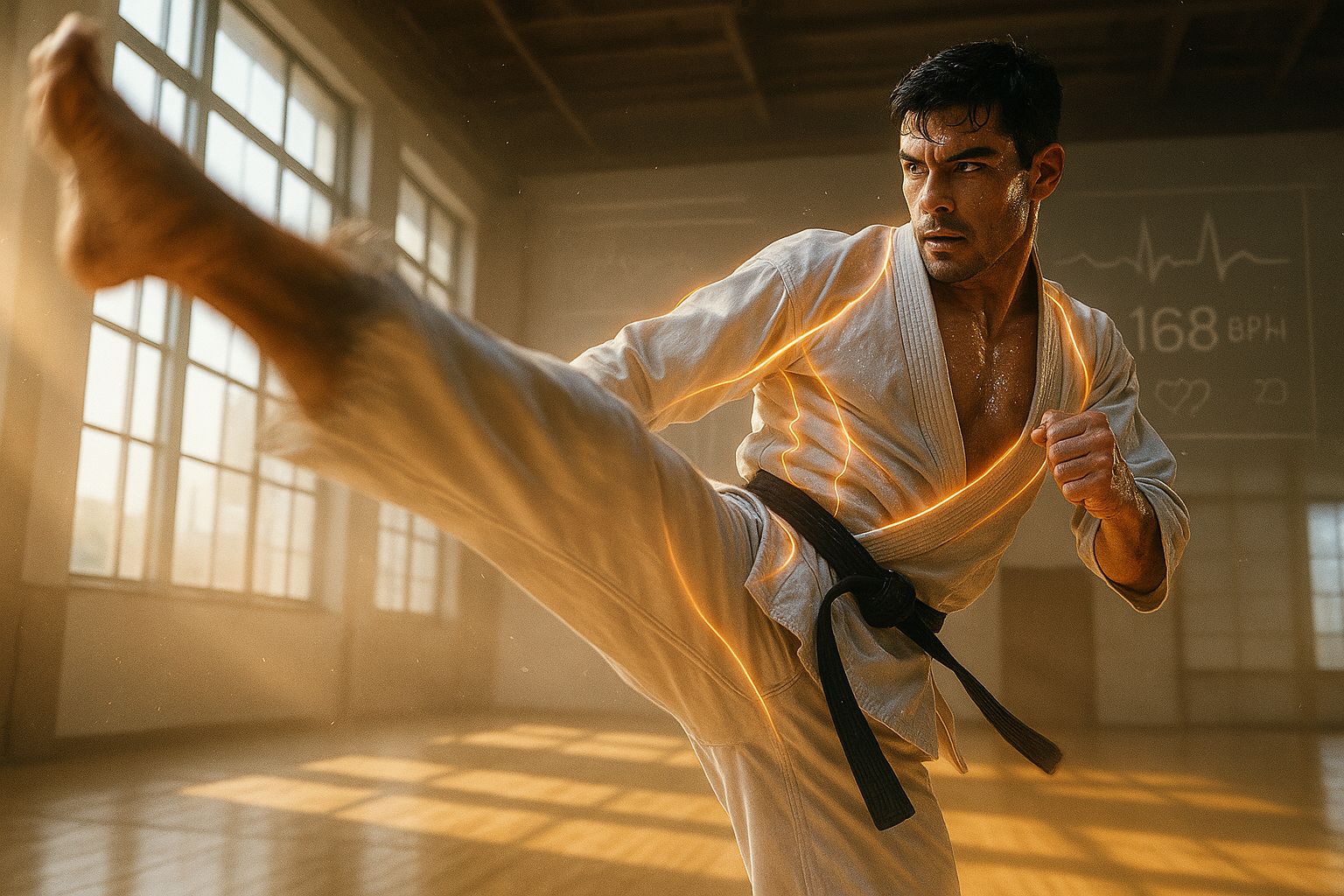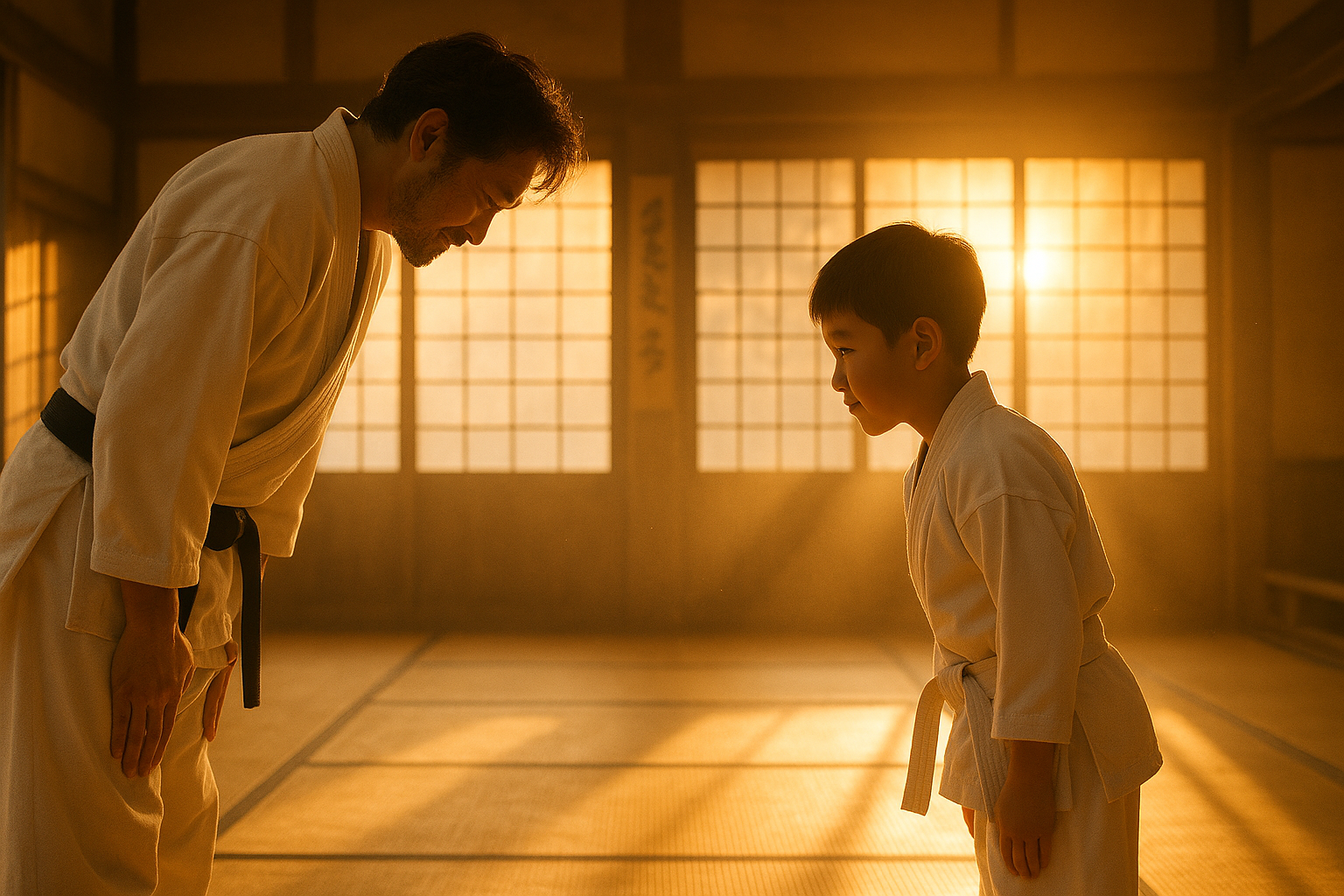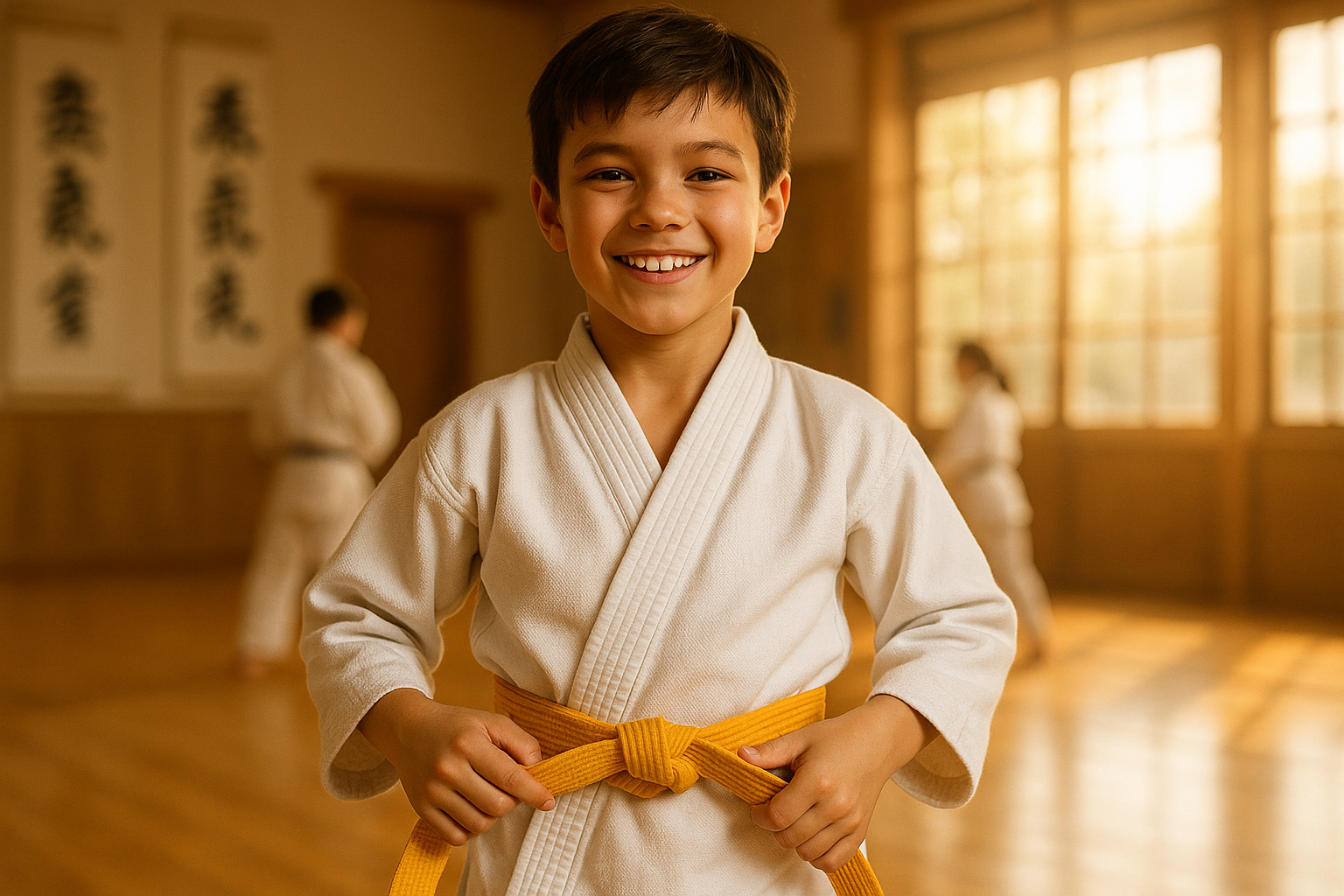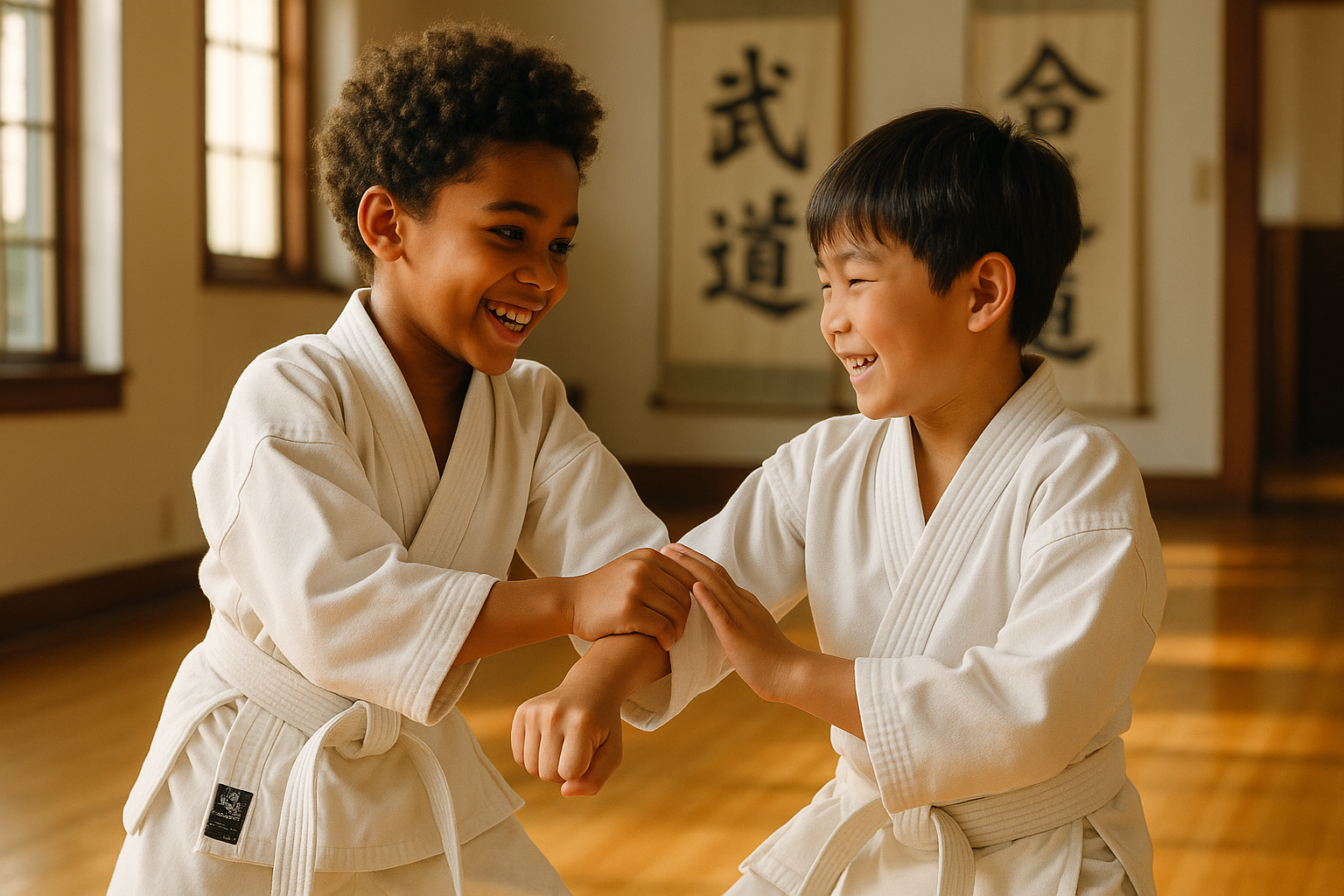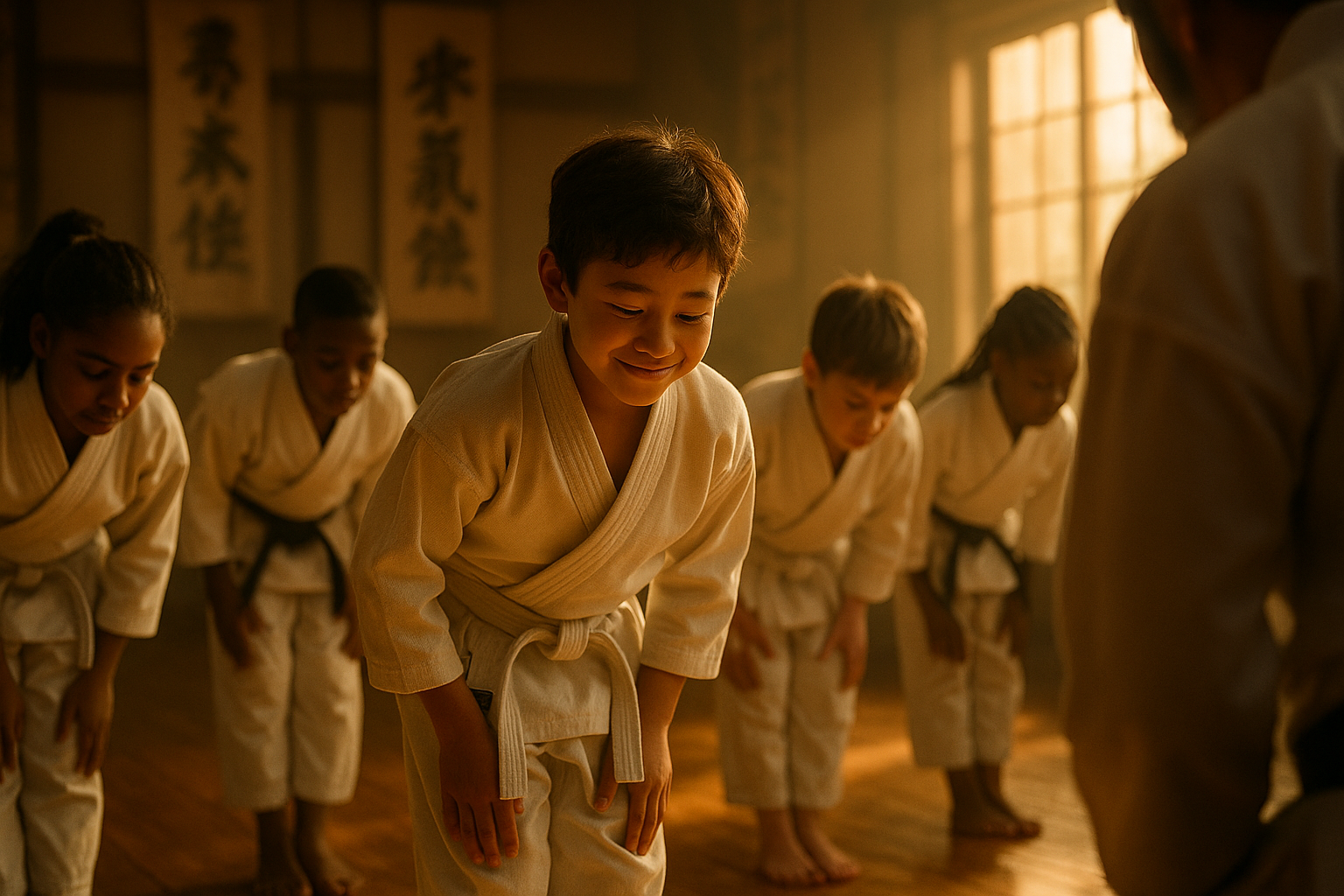When 8-year-old Emma started training at Austin Impact Martial Arts, she was shy, scattered, and often gave up when faced with challenges. But just weeks into the program, her parents noticed a change: she began making her bed, completing homework without reminders, and even pitching in with household chores.
What happened?
She began developing a strong work ethic—the bedrock of long-term success.
At Impact Martial Arts, we define a strong work ethic as showing up consistently, pushing through challenges, celebrating milestones, and taking ownership—all qualities that transcend belts and last a lifetime.
In this post, we’ll explore how martial arts for kids ages 6–12 builds real-world success habits, why research supports it, and how your child can benefit here in Austin.
1. Routine Builds Powerful Habits
Why routine matters
Humans are creatures of habit. When children attend after-school activities on a regular schedule, they begin to form habits that make success feel automatic.
At Austin Impact, our Kids Martial Arts classes are offered multiple times per week. Over time, these become a normal part of your child’s weekly routine—just like brushing their teeth or doing homework.
Consistency over perfection is our motto. Even on tough days, showing up “just because” starts to feel like the normal thing to do.
This repetitiveness translates beyond the studio: homework routines, bedtime rituals, even morning preparation get easier and more structured.
Research says...
Studies have shown that martial arts programs improve physical fitness and instill persistence and discipline in preschool and school-aged children
.
Together, the physical demand and mental focus reinforce a sense of routine that goes far beyond the mat.
In practice at Impact
Many of our students treat class times as an essential part of their day. Parents report kids packing their own uniforms and reminding them about training—instinctively taking responsibility.
One Austin mom says:
“When my son started martial arts, it was the first time he stuck to something on his own. Now he packs his bag and reminds me about class!”
2. Goal-Setting That Works
Belt milestones = measurable wins
Martial arts is one of the few activities where children can see a clear skill ladder: from white belt to black belt, each stripe represents true progress.
At Austin Impact, we break these down into small, monthly goals—master a front kick, memorize a new kata, improve push-up form.
These bite-size victories help children connect effort to achievement, building fundamental life lessons:
Incremental success builds confidence
Short-term goals keep motivation high
Milestone tracking teaches planning and self-assessment
Backed by psychological insight
Research into martial arts training shows clear improvements in psychological factors, including self-esteem, reduced aggression, and enhanced discipline—qualities tied closely to goal achievement.
Real impact—real families
Our 4-week starter program—just $49 and includes a free uniform—gives kids an early taste of earning that first stripe.
One parent shared:
“My daughter beamed when she earned her first stripe—and the next morning she actually wanted to do her chores!”
3. Ownership & Accountability
It's not a team sport—it's personal growth
Unlike team sports where coaches drive the outcomes, martial arts demands self-motivation and accountability.
At Impact, we encourage students to:
Track class attendance
Reflect on weekly goals (journals, sticker charts)
Discuss progress with their instructor
This builds intrinsic motivation—children begin training because they want to improve, not just to please someone else.
Direct academic crossover
Programs structured to build self-control and executive function—like martial arts—have been observed to reduce externalizing behaviors
Our kids show us they’re taking charge: packing their gear, reflecting on techniques, and celebrating each win.
4. Resilience Through Fun Challenges
Reframing hard work
Building a strong work ethic doesn’t need to be grim. At Austin Impact, kids learn that effort can be fun:
Obstacle courses
Creative drills
Friendly challenges
Through trial and encouragement, they learn: fall down, get up, try again. This resilience helps during algebra tests and difficult chores too.
Science says
Repetitive and structured martial arts training supports self-control and reduces aggression, especially through partnered drills and controlled movement .
Our experience
Young students may initially struggle with coordination or patience. But when they complete an obstacle course? The smile and pride are instant—and lasting.
5. Transferable Skills at Home & School
More than physical growth
Parents frequently report improvements in:
Homework focus
Chores done without reminders
Willingness to stick to tasks
One mom of a 5th grader shared:
“Her teacher told me she's more focused and volunteers now. Martial arts changed her attitude.”
Academic evidence
Structured martial arts programs help improve discipline, boost grades, and enhance physical health in children
Moreover, physical activity like martial arts boosts cognitive processing, memory, and concentration—exactly what helps with school performance.
6. Self-Control & Emotional Management
Emotional benefits through discipline
Controlling oneself—delaying gratification, staying calm, focusing effort—is core to martial arts.
At Austin Impact, instructors reinforce respectful behavior: waiting turns, cheering peers, keeping a calm mind.
Programs teaching emotional regulation help kids handle stress and navigate ups and downs at home.
Real-world response
Initially, our students may act impulsively. But through repetition, drills, and instructor modeling, they practice self-control—and carry it outside the studio.
7. Respect, Courtesy & Positive Community
Respect is constant. Every class begins and ends with a bow. This ritual reinforces:
Respect for instructors
Respect for training partners
Respect for etiquette and discipline
This culture extends into school—students are more polite to peers, teachers, and family members.
Community makes a difference
Training in a supportive environment builds teamwork and positive social skills—learning to listen, encourage, and support each other.
At Impact, children often scramble to help a friend master a kick or stay focused during drills.
8. Fitness & Physical Skill – the foundation
Fitness is a bonus. Martial arts is excellent exercise. Regular training helps improve:
Strength
Endurance
Flexibility
Coordination
Body awareness
When children feel strong and healthy, they gain self-confidence and resilience.
Our results, parents often note visible fitness progress: students are more energetic, agile, and attentive.
9. Mental Benefits & Focus
Sharpened executive skills
Martial arts requires mental attention—learning techniques, anticipating partner movement, staying disciplined.
Studies show that this repetitive, structured practice enhances executive functions (self-control, set-shifting, sustained attention), especially in children with ADHD.
At Austin Impact
Our drills require memorizing sequences and performing under pressure—practices that translate directly to school tests and multi-step instructions.
10. Local Edge: Why Austin Families Choose Us
⭐️ Community-first studio – parents say our environment is warm, fun, and encouraging.
📆 Flexible schedule – after-school and evening classes accommodate busy families.
🏆 Proven track record – serving Austin since 2001, trusted by thousands.
.
💲 Great value – just $49 for four weeks, including a free uniform—no risk, all reward.
🧑🏫 Expert instructors – led by Master Greg Fisher, 7th Dan black belt and former U.S. competitor.
We bring real life skills to your child—from grit and focus to discipline and respect.
Call to Action: Start Building Work Ethic Today
Is your child ready to step into a program that builds character, confidence, and a work ethic that lasts a lifetime?
🥋 Join Austin Impact’s Kids Martial Arts program:
Ages 6–12
Flexible after-school/evening classes
Only $49 for 4 weeks + free uniform!
👉 Book Your Free Trial Class Now »
Plus: Download our FREE “Work Ethic Checklist for Kids”—a quick tool to help your child track daily habits and mindset shifts at home.
Final Thoughts
A strong work ethic isn’t built on motivational speeches—it’s built through daily habits, measurable progress, and resilience. Kids Martial Arts at Austin Impact delivers that development in every class.
Backed by scientific research and made real through instructor-led, fun, structured training here in Austin, your child can gain the confidence, focus, and persistence they need to thrive—on the mat, at school, and at home.
Let’s work together to build your child’s strongest future.

